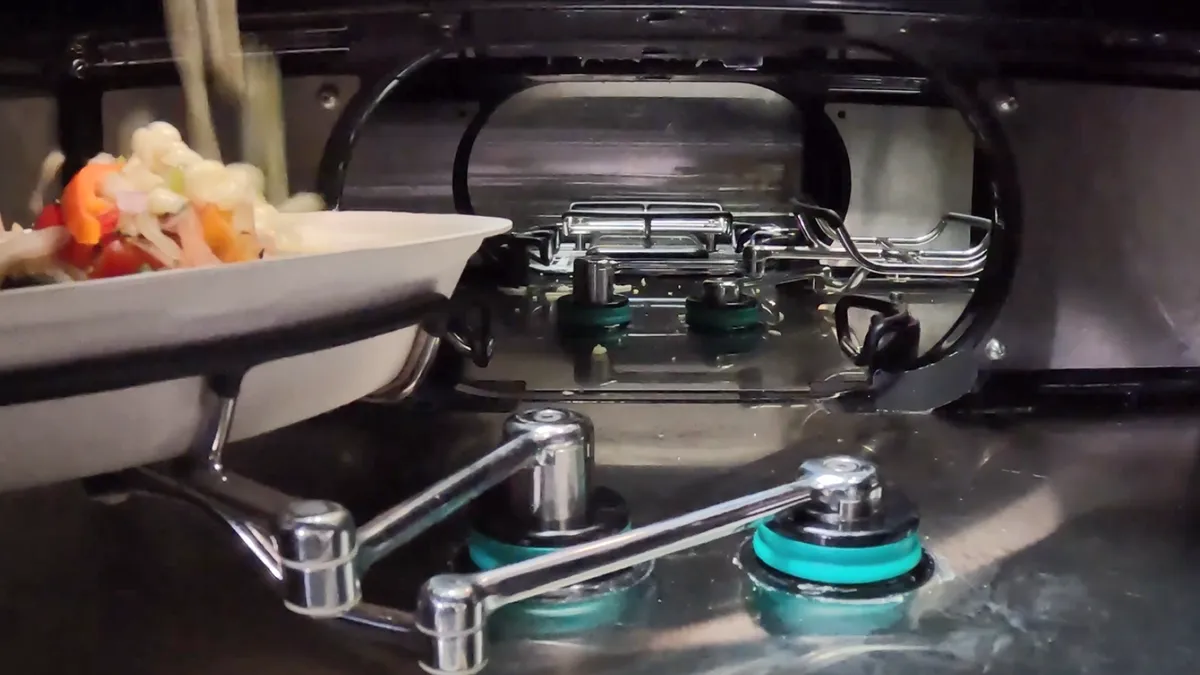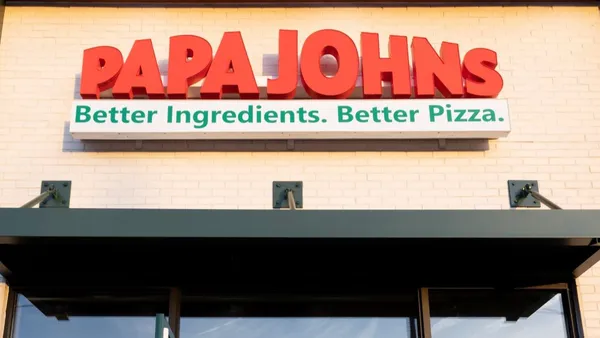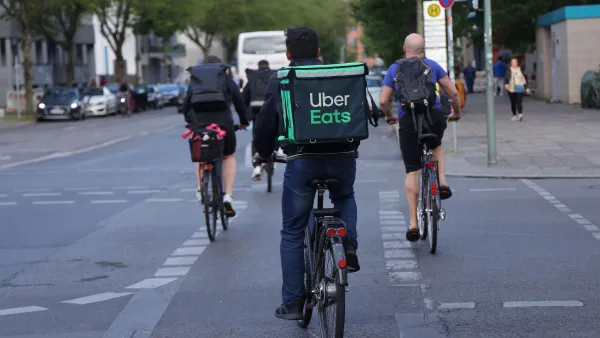Dive Brief:
- Chipotle is testing an automated makeline, built by Hyphen, for salads and bowls at the Chipotle Cultivate Center in Irvine, California, per a press release published Tuesday. The chain won’t test the makeline at a restaurant this year, but will pilot it in restaurants before deciding on a broader rollout, Chipotle said.
- The makeline processes digital orders that include bowls and salads and sends them Hyphen’s system directly through the Chipotle app, Chipotle.com or third-party platforms.
- About 65% of Chipotle’s digital orders are for salads or bowls, so the makeline could free up workers to focus on making burritos or other items, and providing hospitality, according to the press release.
Dive Insight:
It’s unclear how many bowls Chipotle’s makeline can process per hour, or how production costs compare to human assembly of these menu items. But investment in automated food assembly systems is growing among fast casuals and QSRs looking to improve service times and throughput. Chipotle alone has already implemented robotic guacamole and tortilla chip maker tests to boost efficiency over the past year and a half.
“Our goal is to have the automated digital makeline be the centerpiece of all our restaurants' digital kitchens,” Curt Garner, Chipotle’s chief customer and technology officer, said in the press release.
Promotional materials for the makeline raise questions about how Chipotle will manage food safety with the device. A video attached to the press release shows the makeline dispensing ingredients into bowls via free fall. At about the 14-second mark, and again at the 17-second mark, ingredients ricochet out of the bowl, landing somewhere in the makeline.
Chipotle did not immediately respond to a request to clarify how, and how frequently, workers would have to clean the machine, which relies on complex mechanisms to dispense precise quantities of ingredients. The rate at which ingredients miss, or bounce out of, the bowls in the video, could cause problems if the machine dispenses meat or other ingredients that need to be stored in specific temperatures to remain healthy for human consumption.
Food safety problems have dogged Chipotle over the years. In April 2020, the brand agreed to pay a $25 million fine and institute a comprehensive food safety program after food safety infractions sickened more than 1,100 people from 2015 to 2018. It’s possible, however, that reducing the number of interactions employees have with Chipotle’s food via Hyphen’s makeline could help mitigate some risks of foodborne illness.
Chipotle invested in Hyphen as part of its Cultivate Next venture fund beginning last summer, aiming to help the robotics company develop labor-saving technology. Digital makelines have been a key part of Chipotle’s long-term strategy for a while, as digital orders have put pressure on the chain’s operations. Chipotle has also invested in Vebu, the maker of the “autocado” robot it’s testing that peels and halves avocados, through the Cultivate Next fund. The company is also working to deploy dual-sided grills that dramatically speed up chicken cook times.















